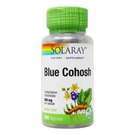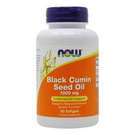Natural Cure for PCOS: Herbal Remedies
Juniper (Juniperus communis) for PCOS
Juniper is an emmenagogue (a plant that promotes menstruation) that specifically targets the ovaries. It both stimulates menstruation as well as increases the amount of blood during menstruation, which can be valuable for women who may have periods, but whose periods are extremely short or where there is very little blood.In addition to its role as an emmenagogue, juniper is also a diuretic with antiseptic properties, making it a good choice for the treatment of cystitis and urinary tract infections. Its role as a diuretic can also help relieve fluid retention in some cases. It should not, however, be used in the case of kidney disease.
Juniper should not be used during pregnancy, and women who are prone to having heavy periods should generally avoid its use.
Tribulus terrestris for PCOS
Tribulus promotes female fertility in addition to being an ovarian stimulant. Because women with PCOS tend to skip periods due to the absence of ovulation, ovarian stimulants like Tribulus that can help encourage the woman’s body to release an egg can promote menstruation.Tribulus promotes fertility in both men and women in addition to having regulatory effects on some PCOS symptoms, as mentioned above.
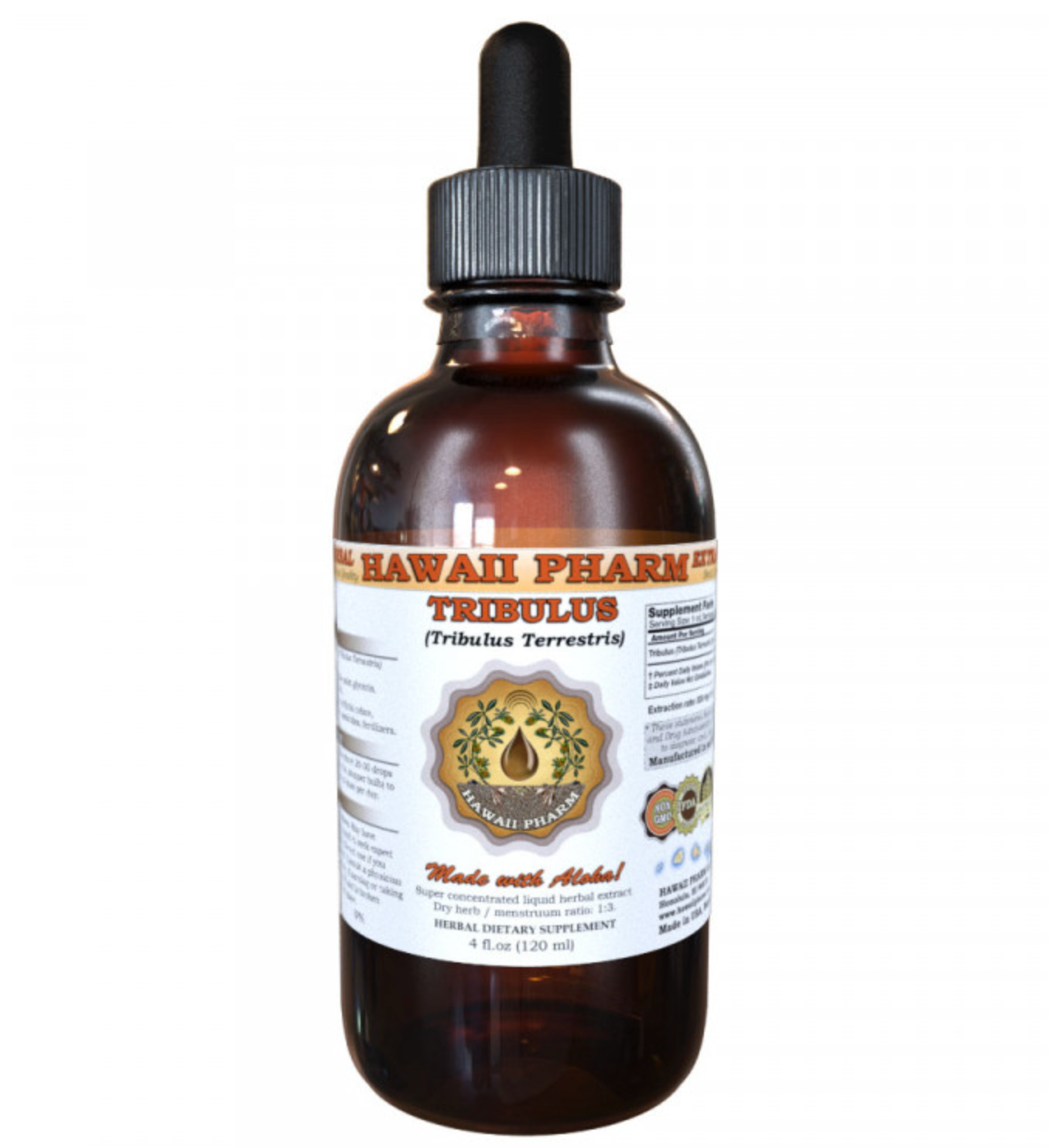
Aloe Vera for PCOS
Most readers will likely be familiar with aloe vera’s use as a burn remedy, while others may be aware of its healing properties for digestive complaints, but aloe vera’s effects on the female reproductive organs are lesser known. Aloe vera supports ovarian health by restoring natural steroid status and activity, thus promoting regular, balanced menstruation.Star Anise + Celery for PCOS
One study analyzed the use of star anise and celery in comparison with metformin, a popular PCOS drug, in the treatment of oligomenorrhea. In the study, patients were given capsules containing a mix of star anise seed and celery over the course of 3 months. They were to take a total of 750mg of this mixture in 3 divided doses for 15 days, starting with the follicular phase of their cycle. They were then given a placebo when the bleeding started. When the menstruation stopped and the follicular phase restarted, the women proceeded to take the 750mg of star anise + celery in divided doses as they’d done before.The study observed that the star anise + celery combination not only improved the chances of menstruation in women with oligomenorrhea, but it also reduced testosterone levels and increased the ratio of luteinizing hormones/follicular stimulating hormones. In comparison to metformin, the star anise + celery combination had more positive effects in regulating the women’s menstrual cycles and hormones.
White Peony (Paeonia lactiflora) for PCOS
White peony is frequently combined with licorice root to increase its efficacy. In Traditional Chinese Medicine, white peony was often administered with licorice root as part of a treatment for PCOS and other related women’s health problems.In the treatment of PCOS, white peony works by lowering high androgen and testosterone levels as well as by increasing progesterone levels and supporting regular ovulation. It can also help stabilize the menstrual cycle, which may be of benefit to women who experience oligomenorrhea in particular.
White peony should not be taken by women who are pregnant as it may cause uterine contractions. It should also not be taken by people with bleeding disorders because it can inhibit the process of blood clotting. Some people may experience some digestive problems when taking white peony.
The Four Things Soup Traditional Chinese Medicine Remedy for Polycystic Ovarian Syndrome
The Four Things Soup is a traditional Chinese remedy for a variety of women’s problems. It is frequently used in the treatment not only of PCOS related symptoms, such as menstrual irregularities, infertility, and ovarian problems, but as well as for menstrual pain, iron deficiency, general hormone imbalances, sleep problems, hair loss, and dizziness or vertigo.The Four Things Soup (which is also known as the Four Substances Decoction or the Si Wu-Tang) includes the following ingredients:
- White peony/Bai Shao (Paeonia lactiflora)
- Dong Quai (Angelica sinensis)
- Rehmannia/Shu Di Huang (Rehmannia glutinosa)
- Chuang Xiong/Szechuan Lovage Roots (Lingusticum wallachii)
The roots of these herbs are mixed together in equal quantities, and then 15 grams of the mixture is combined with 3 cups of water. The water-herb mixture is then simmered until there are only 2 cups of water left (this is the “decoction”). Throughout the day, the woman is supposed to take 3 equal doses of the decoction.
White peony is discussed above. Dong Quai, also known as “female ginseng”, regulates the menstrual cycle and strengthens the uterus while also reducing severe menstrual pain. Chuang Xiong (Szechuan Lovage Roots) increases blood circulation in the brain and reduces the chance of stroke or other similar brain-related problems. Because PCOS is closely related to problems occurring in the pituitary gland (located in the brain), increased blood flow to this area may help encourage normal pituitary function, thus leading to overall healing. Lastly, rehmannia is included to help cleanse the blood, liver, and kidneys, thus removing toxins that may be interfering with hormone production and release (in the case of PCOS).
Licorice for PCOS
Licorice root (Glycyrrhiza glabra) reduces serum testosterone levels. Because of its testosterone-reducing effects, it’s possible that licorice may help prevent or reverse hirsutism, but it may also have an effect on other various aspects of PCOS symptomatology. Some studies have also noted that the use of licorice with white peony can help reduce acne as well as excessive hair growth (such as seen in hirsutism).As an adaptogenic herb, licorice root helps the body manage stress more effectively, thus reducing some of the negative reactions that might occur as a result of said stress. Changes inside and outside of the body can cause stress, and as such, licorice is a good choice for supporting the body in managing these changes. As you go through the process of healing PCOS, your body will have to change and adapt, which is where licorice root can be a valuable supportive therapy.
Licorice should not be taken in women who are pregnant or breastfeeding. It is also not advised for long term use since it may deplete potassium levels, fluid retention, or increase blood pressure (as such, individuals with high blood pressure should also reconsider use of licorice root). Some women have experienced headaches, minor stomach upsets, or missed periods using licorice root.
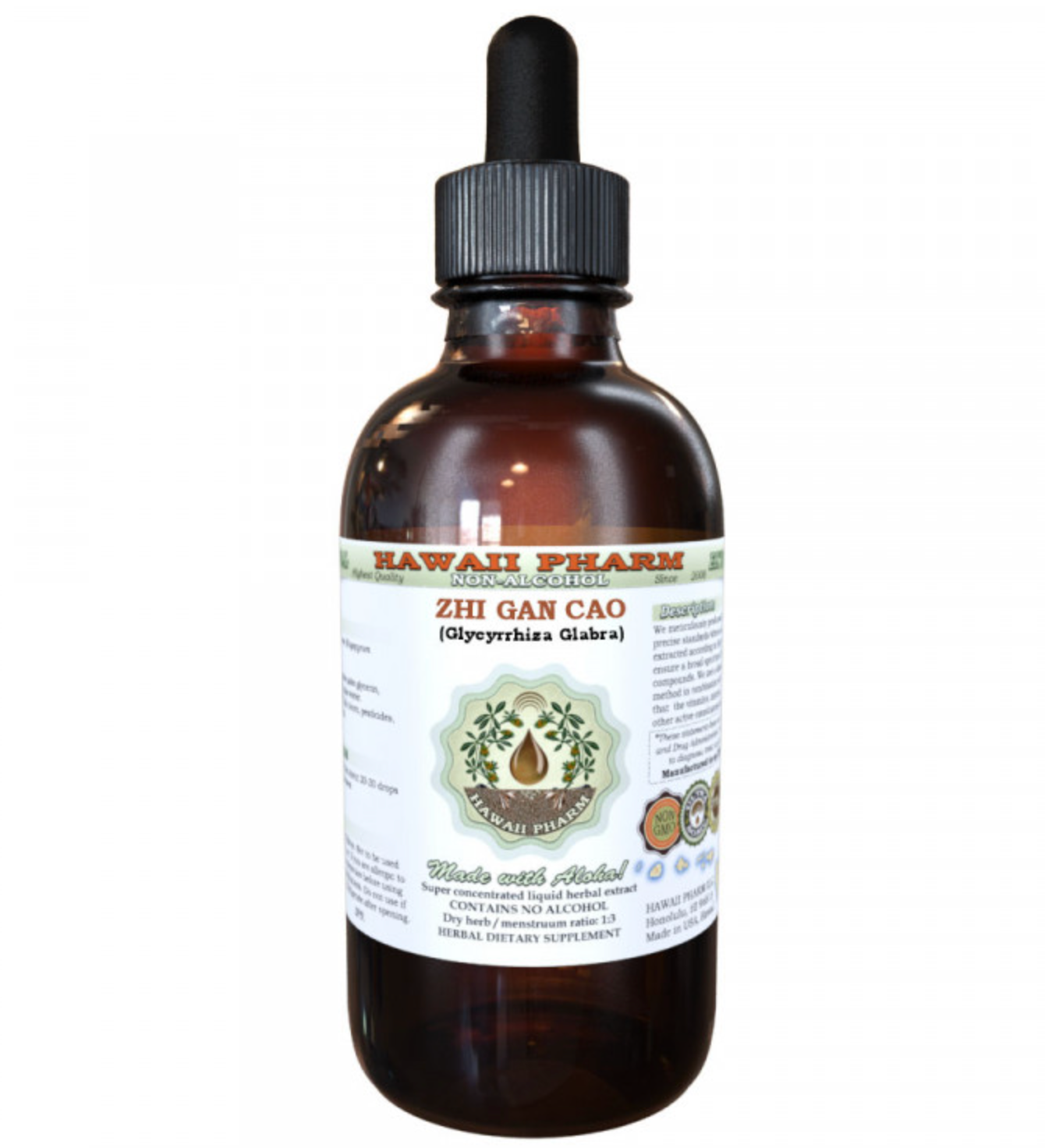
Blue Cohosh Root (Caulophyllum thalictroides) for PCOS
Despite their apparent close relationship, blue cohosh and black cohosh are not closely related plants. Though related, their relationship is fairly distant. It’s worth noting, however, that both are important women’s herbs that were commonly used by the Native Americans to treat women’s disorders and problems. Blue cohosh specifically can have a positive effect in terms of the treatment of PCOS.In Native American cultures, blue cohosh was prescribed as a uterine tonic. It helps relieve pain in the ovaries and uterus while also regulating menstruation (both in terms of menstrual regularity as well as in terms of menstrual flow). Thus, blue cohosh root can help prevent both too-heavy and too-light periods and also stimulate missed periods or regularize menstruation that has become too frequent or otherwise irregular.
Blue cohosh should not be taken by women who are pregnant or breastfeeding. Women who have high blood pressure or heart disease should also avoid this herb in most cases.
Vitex Berry for PCOS
Vitex berry (Vitex agnus-castus) is also known as chaste berry or chaste tree. It is an extremely important herb for a variety of different women’s health problems, including PCOS. This herb can help stimulate the pituitary gland and stabilize its function, specifically the release of luteinizing hormones, which are necessary for increasing progesterone levels and decreasing estrogen and androgen levels. Luteinizing hormones are also necessary for ovulation.Vitex berry has been studied in the treatment of PMS symptoms such as irritability, headache, cramps, breast tenderness, and menstrual irregularity and has been shown to be highly effective in the treatment of these symptoms. In one 2001 study on a group of 178 women over the course of 3 months, the participants taking vitex berry reported a 50% reduction in these kinds of symptoms (compared to a placebo).
Studies have also shown that vitex berry has a progestogenic action in the body as well as mild hormonal effects in the brain leading to an increase in the production of neurotransmitters like dopamine and melatonin.
Since many women with PCOS experience symptoms like depression, anxiety, or sleep problems, the subtle increase in the production of dopamine and melatonin that vitex berry can encourage may be helpful. Adequate dopamine production is essential for a person to feel balanced, happy, and fulfilled (more on this below in the section about the Mucuna bean). Melatonin can help ensure healthy sleep, which can also lead to improved mood during the day.
The progestogenic action of vitex berry in the treatment of PCOS is important since progesterone plays a role in menstrual regularity (or irregularity) as well as in fertility. Regular use of vitex berry can help regularize menstrual cycles and reduce pain or physical/emotional discomfort surrounding menstruation and/or ovulation. Some women may have decreased fertility to low progesterone levels, in which case vitex berry can be helpful.
Some studies have shown that vitex berry may help treat acne caused by hormonal imbalances. For this use, vitex berry can be taken in combination with echinacea.
Women who are breastfeeding may use vitex berry to increase breast milk production (this also goes as a word of caution for women who may be producing too much breast milk).
Women who are taking contraceptive pills or who are receiving fertility treatments should generally avoid using vitex berry at the same time. It should also be avoided during pregnancy, though it’s safe for use during breastfeeding and as a fertility booster pre-pregnancy (for example, if you’re trying to conceive, vitex berry is a good herb to use). Individuals who are taking antipsychotic medications or dopamine-related drugs should also avoid use of vitex berry.
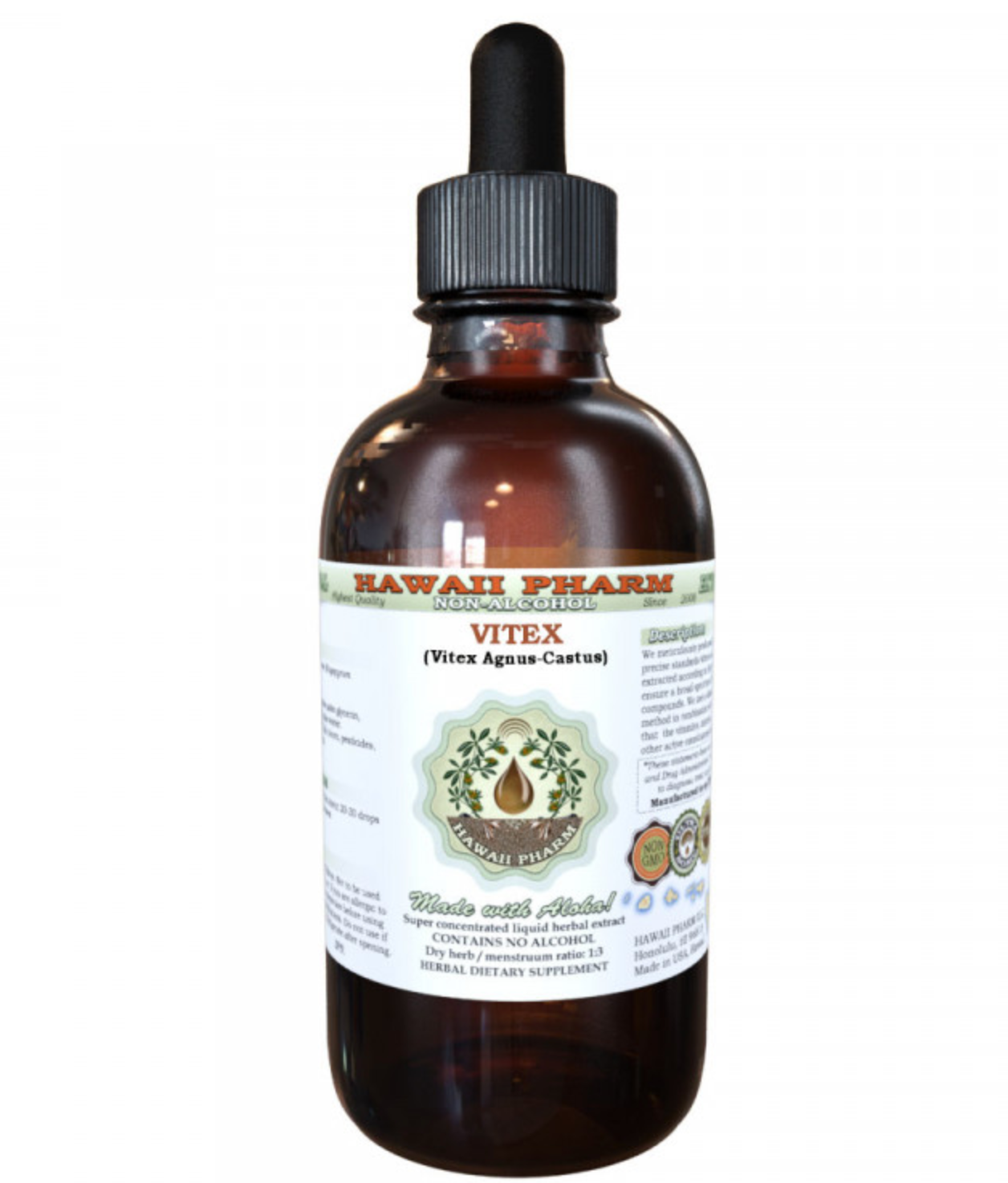
Spearmint (Mentha spicata labiatae) for PCOS
Studies have shown that the anti-androgenic properties of spearmint can help prevent or reverse hirsutism in women with PCOS who experience this particular symptom. Besides being anti-androgenic, spearmint also reduces overall testosterone levels in the body. Women who experience mild hirsutism in particular may benefit from drinking spearmint tea (the method used in the study cited here) daily to reverse this symptom.One study that included 12 PCOS patients with hirsutism instructed the participants to drink 2 cups of fresh spearmint tea over the course of 5 days during the follicular phase of their menstrual cycle. At the end of the study, researchers noted that the women had notably lower free testosterone levels as well as an increase in the levels of the luteinizing hormone, estradiol. The increase in the luteinizing hormone suggests that spearmint may also have an effect on regularizing ovulation in women with PCOS.
Flaxseed (Linum usitatissimum) for PCOS
Some studies have shown that flaxseeds may help decrease serum insulin levels in addition to reducing overall testosterone levels in women with PCOS. In addition, flaxseed can also increase estrogen metabolism, thus lowering the increased estrogen levels implicated in PCOS.Flaxseed oil is an important ingredient in the Budwig Diet Smoothie, and because of that protocol’s particular effects, its use may be helpful in the treatment of PCOS for a few reasons. Though we don't have articles about all the illnesses that the Budwig Quark recipe can treat listed on this website, this is a treatment that recommend frequently for a variety of health conditions because of its wide ranging health benefits. Read more about the Budwig Protocol at this link.
While taking flaxseed, it’s important to drink plenty of water since flaxseeds contain high fiber content. Do not take other herbs or mineral supplements at the same time as flaxseed since it may inhibit their absorption.
Cinnamon (Cinnamomum spp.) for PCOS
Cinnamon has been noted for its beneficial and therapeutic effects for patients with diabetes. For PCOS sufferers, cinnamon can reduce insulin resistance and help prevent the onset of diabetes or insulin resistance syndrome. In the treatment of PCOS, cinnamon can also help stabilize estrogen levels and normalize menstrual bleeding (reducing heavy flow and increasing light flow).Some recommend taking 3 teaspoons of cinnamon powder daily for 4 months to treat diabetes and metabolic syndrome. Although this recommendation is for people with existing diabetes, women with PCOS at risk of developing insulin resistance or diabetes may also benefit from following this regimen to prevent the development of these conditions.
Fenugreek for Hirsutism in PCOS
In Northern Africa, the Middle East, and India, fenugreek seeds (Trigonella foenum-graecum) are used for a wide variety of ailments, including during old age, to encourage weight gain, to lower fever and treat infection (similarly to quinine), and to treat gastritis and gastric ulcers. As a women’s herb, fenugreek has historically been used to reduce inflammation and infection in the uterus, vagina, and vulva.Fenugreek is used to reverse hyperlipidemia and even diabetes in PCOS patients. It lowers blood cholesterol levels while also improving overall glucose tolerance. Powdered fenugreek seed has shown promise in terms of managing insulin resistance in different people, including women with PCOS-related insulin resistance. Fenugreek can also help reduce period pains.
One clinical trial done in Iran in 2014 noted that 2-3 grams of powdered fenugreek seed was able to help reduce menstrual cramps.
Fenugreek should not be taken medicinally during pregnancy (small quantities in food are acceptable). It can induce childbirth, and therefore should be avoided. Women who are breastfeeding should know that fenugreek can be used to increase breast milk production.
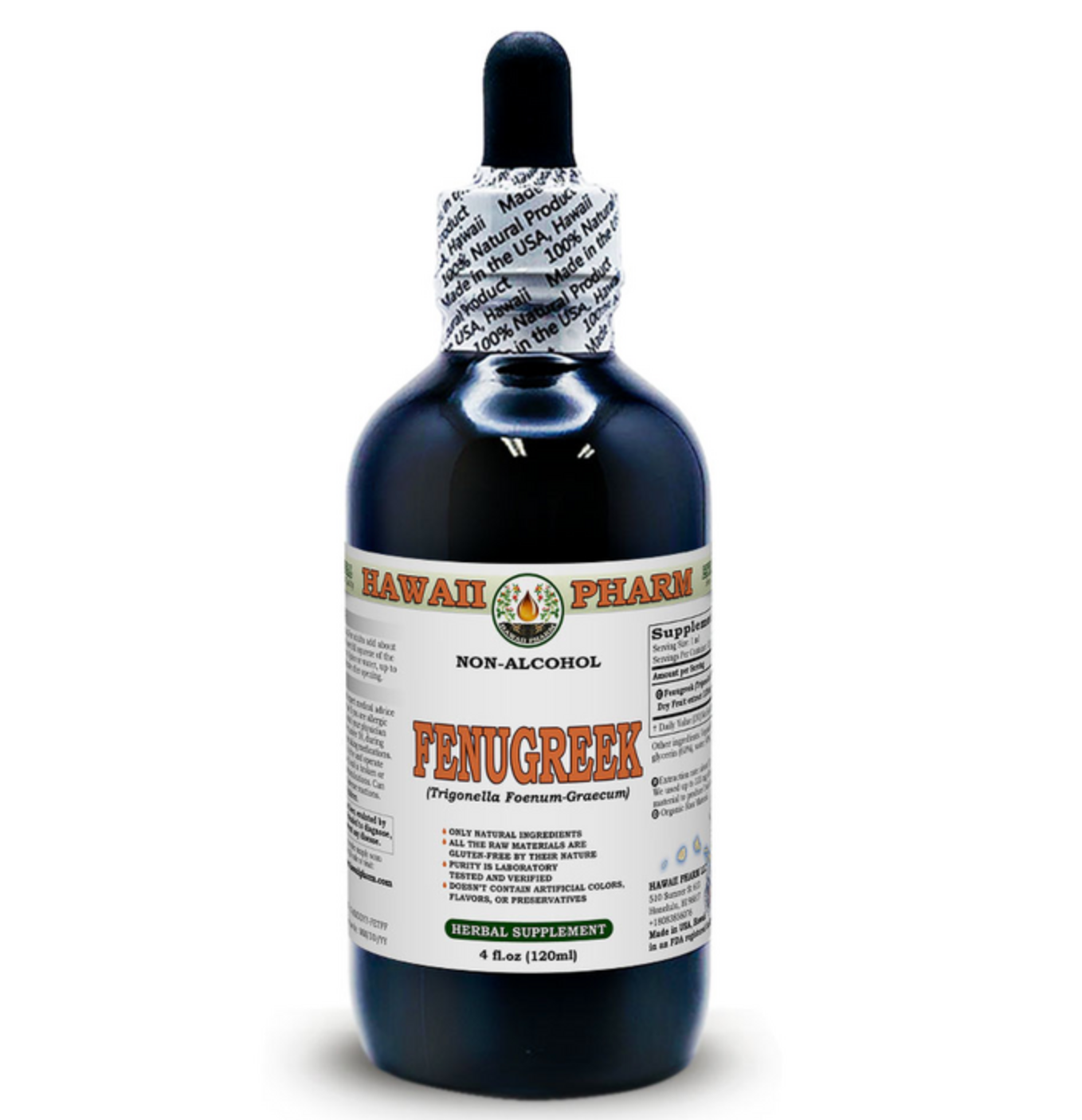
Shatavari (Asparagus racemosus) for PCOS
Shatavari is an important Ayurvedic herbal remedy that has a variety of different medicinal applications. In the treatment of PCOS, Shatavari has been shown to increase fertility. Most researchers speculate that this pro-fertility action of the plant is due to the phytoestrogenic/steroidal compounds present in Shatavari, which would contribute to more regular ovulation and release of specific fertility-related hormones.This herb is sometimes referred to as the “Queen of Herbs” or “100 Spouses”, indicating its use as a treatment for fertility and the sex organs (specifically in women, but somewhat in men also). The root is the part of this plant that is used medicinally. Women in India and surrounding areas have used this plant for centuries to support fertility and encourage conception, as well as to treat menopausal symptoms (pointing to its importance as an herb that balances hormone activity).
Black Cumin Seed (Nigella sativa) for PCOS
Black cumin seed is a popular (and effective) remedy for a variety of health problems that has been used with success for thousands of years across parts of Africa and most of Asia. In the treatment of PCOS, black cumin seed is particularly helpful for healing insulin resistance syndrome and pre-diabetic conditions. It is also helpful for promoting weight loss.Traditionally, Nigella sativa has been used to encourage menstruation and to increase breast milk production. It has also been used to treat intestinal worms and some viral infections, and as a diuretic, suggesting that part of its function in women’s health has to do with its ability to cleanse the body of toxins and pathogens. It can also help reduce gas and bloating, both common symptoms for some women with PCOS. Black cumin seed has also been used as a treatment for headaches and metabolic syndrome.
Milk Thistle for PCOS
Milk thistle (Silybum marianum) is primarily used as a liver cleansing and healing herb, but it also has other uses in terms of health. Specifically, some studies have noted that milk thistle may be able to reverse or manage insulin resistance as well as reduce excess estrogen in the body. Since some women who develop PCOS may be suffering from a particularly high toxic load (for one reason or another), milk thistle’s primary action as a liver cleanser may help treat the root cause of the disorder, leading to a faster resolution overall.Milk thistle has been traditionally used to increase breast milk production. Use caution while taking this herb in pregnancy.
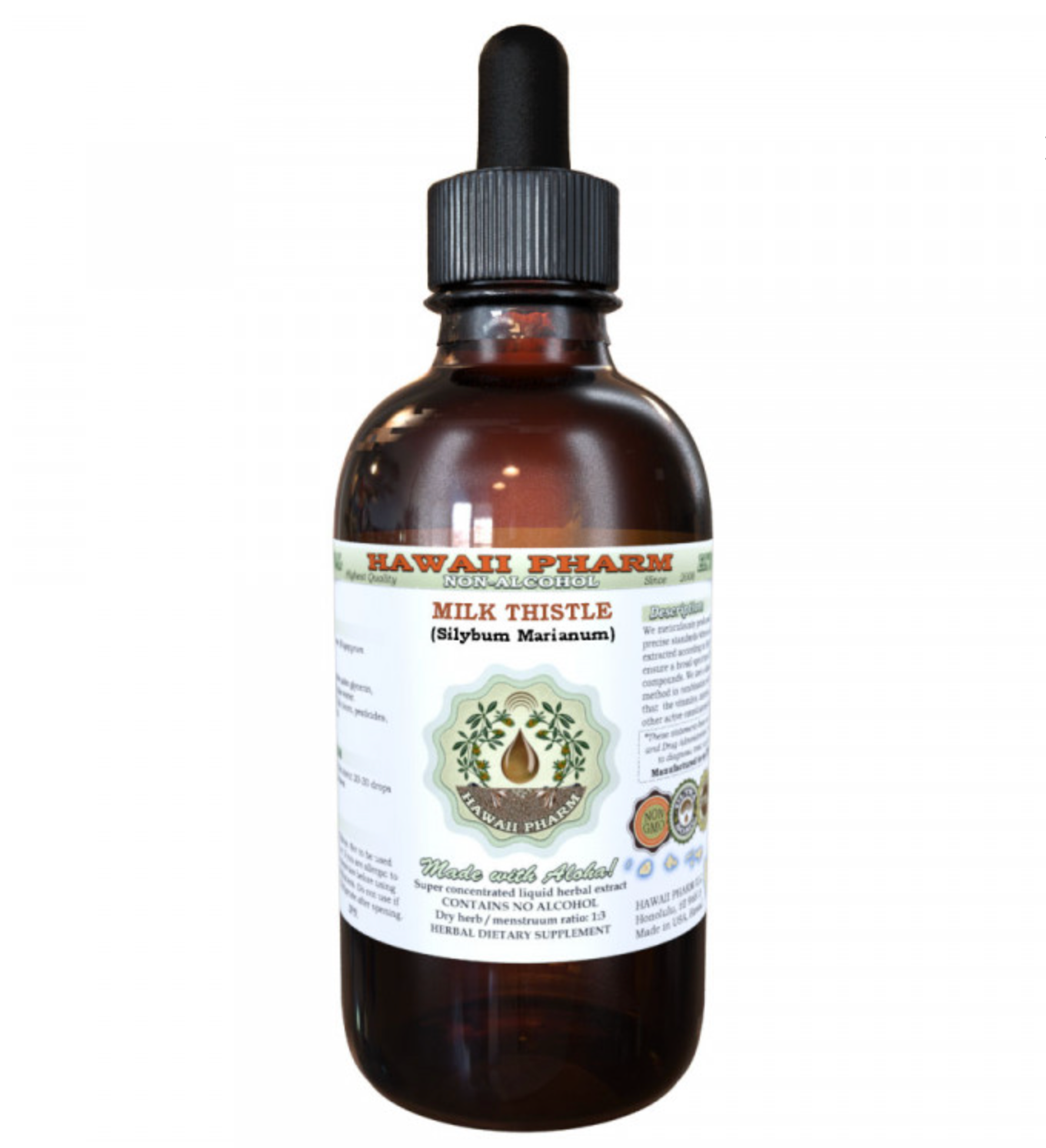
St. John’s Wort (Hypericum perforatum) for PCOS
St. John’s Wort is becoming increasingly popular as a remedy for depression and Seasonal Affective Disorder (SAD), and indeed, this herb can be extremely valuable for the treatment of depression, anxiety, and other mood problems related to PCOS. Hypericum perforatum works in the brain to help naturally increase serotonin levels. For women with depression or anxiety symptoms, serotonin can help improve mood and regulate thinking patterns.St. John’s Wort should not be used at the same time as amphetamine medications or with antidepressants. Individuals on blood thinners should consult with a doctor before taking St. John’s Wort. This herb is likely safe during pregnancy, though it should be used with caution like with any herbal medicine.
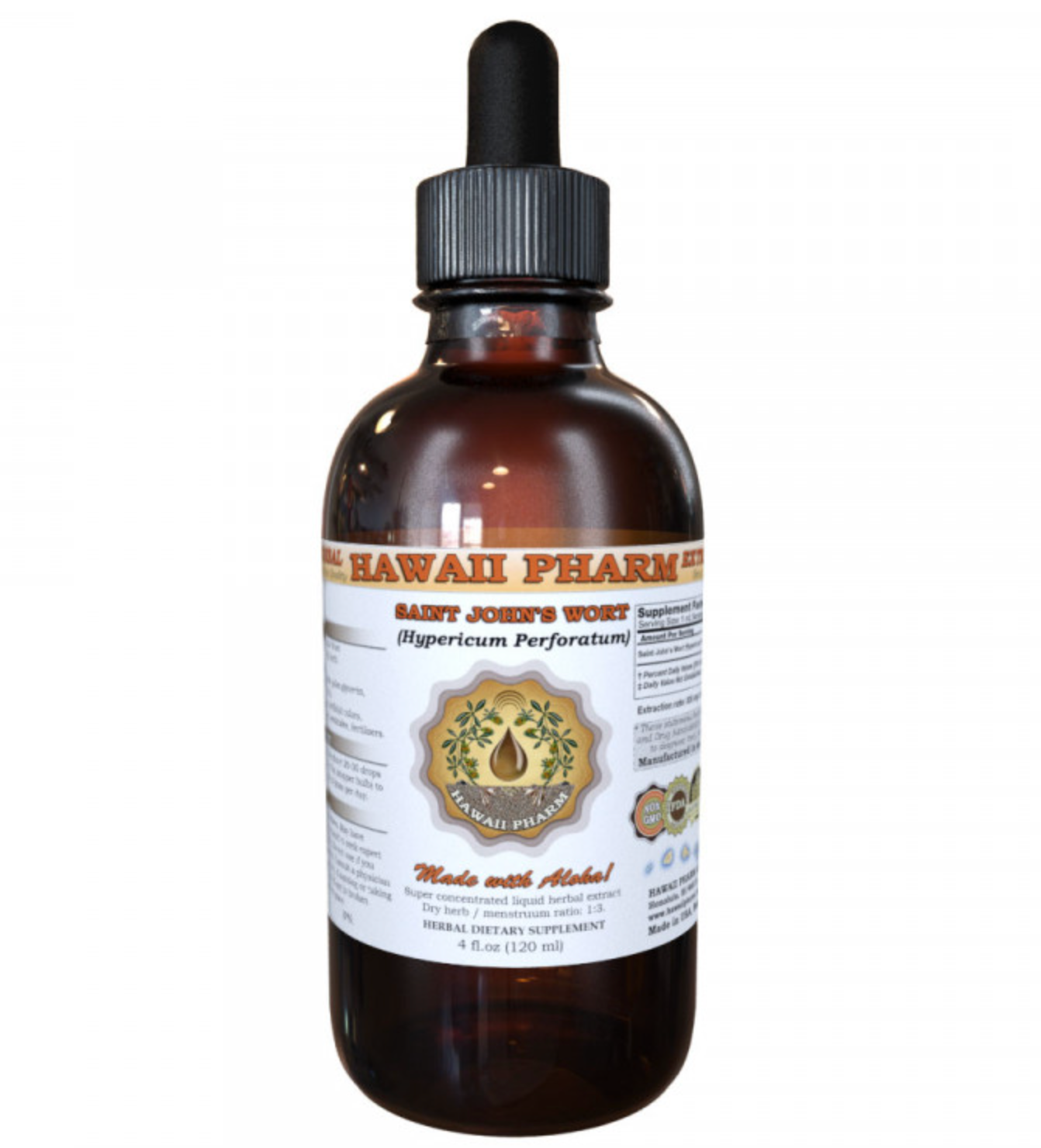
Red Clover (Trifolium pratense) for PCOS
Red clover has many medicinal uses. For PCOS, the phytoestrogenic qualities of red clover extracts are particularly notable. Women with low estrogen levels may benefit from taking red clover because this herb helps simulate estrogen while also protecting the circulation and heart, meaning the blood flow is supported throughout the body. The cleansing action that red clover has on the blood also can help prevent or reduce PCOS-related acne.Red clover is available in capsule form, tea form, and as a tincture. There are isolated isoflavones from red clover that are also available, but generally speaking, the whole plant extracts are better since its uncertain how all of the different compounds in red clover work together to produce positive effects (thus, it’s more likely the whole plant tincture will be more effective than just an isoflavone extract).
Red clover should not be taken during pregnancy or while breastfeeding. If you have a bleeding disorder, avoid red clover since it can increase the chance of bleeding.
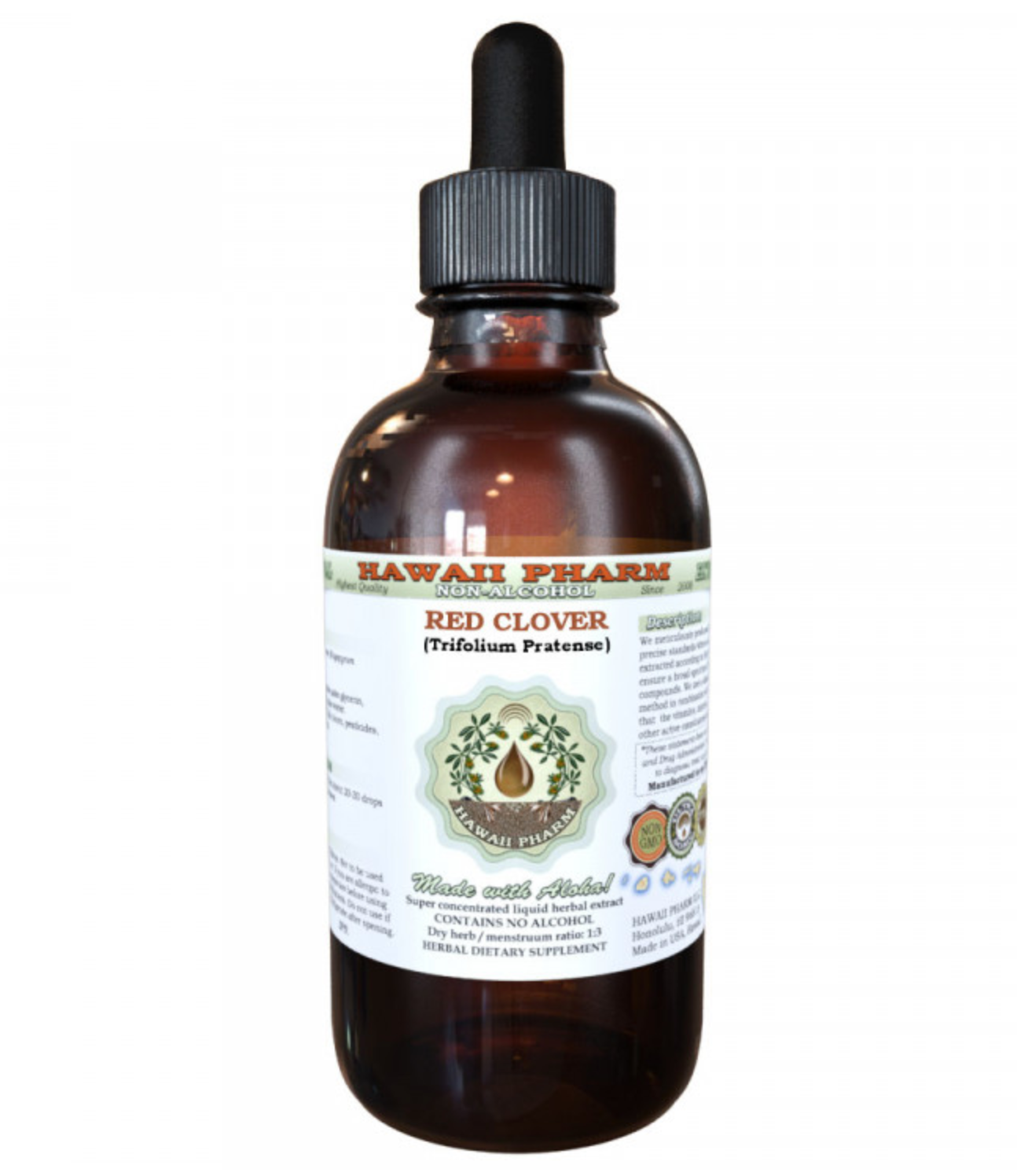
Velvet Bean (Mucuna pruriens) for PCOS
Mucuna pruriens is a bean used both medicinally and as a food staple in Central America and India. It is frequently used in Ayurvedic medicine to treat a variety of health problems, including mental and emotional health problems and infertility in both men and women.Mucuna contains high quantities of the dopamine precursor L-Dopa (not to be confused with the conventional medication known commonly by the same name). In situations where the brain/body doesn’t have access to adequate levels of L-Dopa or the nutrients needed to create it, no dopamine can be produced or released. Without dopamine, a person will struggle to feel happy, fulfilled, or focused on tasks and the people around you. Mucuna pruriens can help treat addiction, depression, anxiety, and a variety of other mood disorders, including the emotional problems experienced by some women with PCOS.
Besides its miraculous mood balancing abilities, Mucuna can also promote fertility in both men and women. However, it’s important to note that while a woman is taking Mucuna actively, the plant works as a contraceptive. When she stops taking the Mucuna for a period of time, that is when her fertility will increase. For men, the effect on fertility is more instant (there isn’t as much of a contraceptive effect for men).
Women who are pregnant should not take Mucuna pruriens. If you are actively trying to conceive, you should also not take Mucuna since it will act as a contraceptive while you’re taking it. But, if you’re experiencing fertility problems, taking Mucuna for a while before trying again is likely to increase the probability of your success.
Motherwort (Leonurus cardiaca) for PCOS
Motherwort has traditionally been used as a remedy for all kinds of heart problems. However, it also has a lot of relevance as a women’s herb, thus the common name “Motherwort”.As an antispasmodic, motherwort can be helpful for reducing menstrual cramps and pain as well as relieving other cramps in the intestines or muscles in other parts of the body. It stimulates the uterine muscles and has been used to stimulate delayed or scanty menstruation. Motherwort is a popular herb for the treatment of various symptoms associated with PMS. This herb is also a mild sedative, so it encourages relaxation but not drowsiness (for women with anxiety, insomnia, headaches, or stress, this can be valuable).
Motherwort has also been shown to help treat ovarian cysts like those seen in PCOS. Susun S. Weed, a well-known herbalist, recommends a Traditional Chinese Medicine tincture known as the Triple Goddess Blend to dissolve ovarian cysts:
- Maidenwort/Chickweed (Stellaria media)
- Motherwort (Leonurus cardiaca)
- Cronewort/Mugwort (Artemisia vulgaris)
The tincture should be made from the fresh, flowering tops of each of these three plants (dried flowering tops may also be suitable for making this tincture at home). Women with PCOS wanting to dissolve their ovarian cysts may take the above tincture mixture in the dosage of 1-2 dropperfuls, 3 times per day until the disorder disappears.
For the treatment of painful menstruation and other PMS symptoms, 10-25 drops of motherwort tincture should be taken every 5 minutes, and then every 2 hours for the next few days or until the symptoms subside. Many women only need to take motherwort in this way for about 4 months before the pain and PMS symptoms subside.
Motherwort may also be taken as a tea (be aware though that it’s very bitter, so some people may not find it to their taste). To make the infusion, use 1-2 teaspoons of dried, ground motherwort combined with 1 cup of boiling water. Let it steep for 10-15 minutes before drinking. Drink 3 cups per day.
Between 5-25 drops of motherwort tincture may be taken each day as a general women’s health and heart tonic if you find that this herb is particularly helpful to you.
Motherwort should not be taken during pregnancy (the Triple Goddess Blend above should definitely be avoided during pregnancy since mugwort specifically may cause spontaneous abortions). Women who are prone to heavy menstrual bleeding should also avoid its use in most cases.
Neem + Ginger for PCOS
Neem and ginger may be used together to treat PCOS-caused hirsutism. One study demonstrated that the combination of these two herbs reduced androgen levels, promoted menstruation, and reduced the chance of blood clotting and thereby also improved overall blood circulation throughout the body. Neem and ginger together also were able to reduce BMI levels in the study subjects and reduced fasting insulin levels (suggesting a reduction in insulin resistance). After treatment, more women taking neem and ginger demonstrated a decrease in ovarian cysts in comparison with the control group.In this study, a combination of 24 grams of neem and 4 grams of ginger were pounded together and made into a decoction using 375ml of water. 24 grams of sugar was added to this mixture. This mix was administered 2 times per day each day starting on the 5th day of the cycle for a total of 21 days per cycle. The women in the study were analyzed over the course of 3 cycles.
Lugol's Iodine as a Natural Cure for PCOS
Lugol's iodine is the front-line cure for PCOS and endometriosis. These two disease often go together, after all, and Lugol's iodine in tandem with vitamin K2 as vital nutrients often can cure endometriosis as well as PCOS. Most people in developed countries are deficient in both of these nutrients which causes an array of health problems including PCOS and endometriosis. Herbal remedies for these two diseases often contain iodine and sometimes also vitamin K2.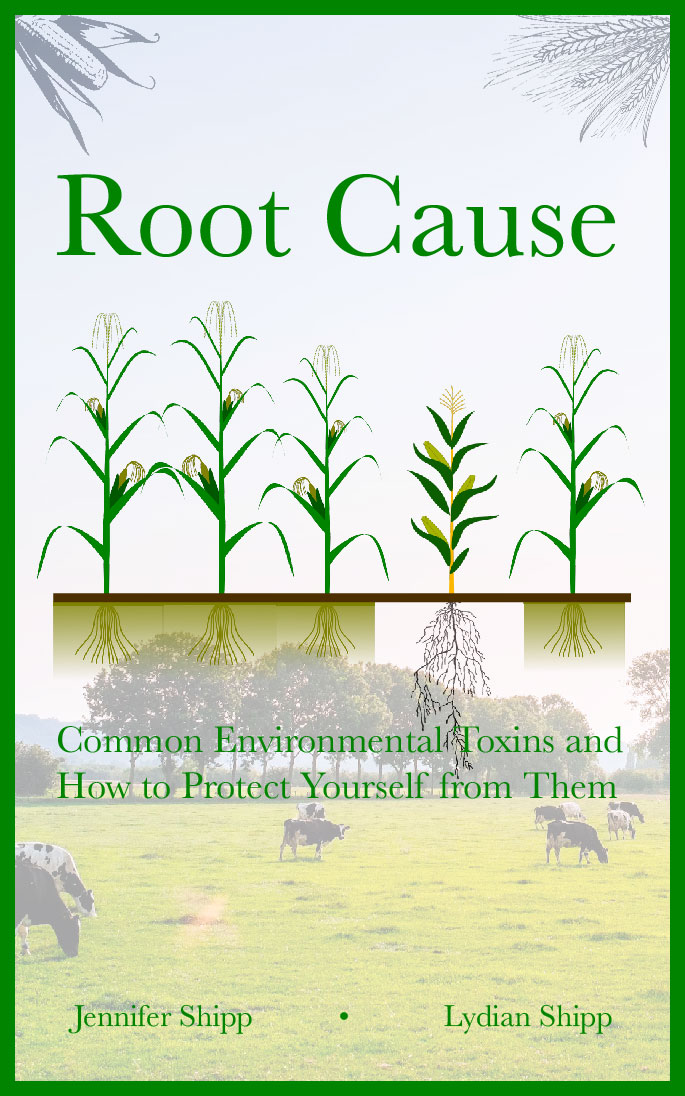
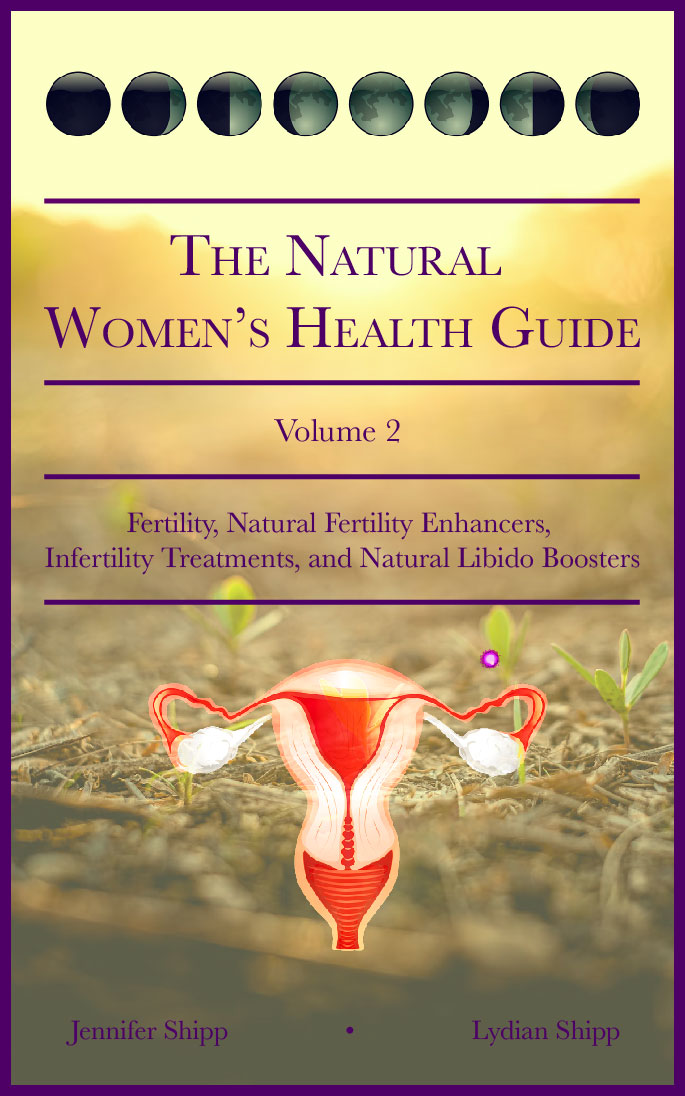 The Natural Women's Health Guide, Volume 2 - Fertility, Natural Fertility Enhancers, Infertility Treatments, and Natural Libido Boosters - BUY HERE!
The Natural Women's Health Guide, Volume 2 - Fertility, Natural Fertility Enhancers, Infertility Treatments, and Natural Libido Boosters - BUY HERE!
Testicular Tanning: How Men Are Curing Reproductive Organ Diseases Using Iodine, Other Nutrients, and Sunlight Exposure (Without Sunscreen):
Men have discovered that sunlight exposure and red light therapy can be used to cure reproductive organ diseases, but most women aren't privy to this information. Read more here about the science behind how colorful foods and nutrients like iodine and vitamin K2 are naturally attuned to interact with the full-spectrum light of the sun and how, if you aren't exposing the skin to sunlight, your cells will become depleted, they'll lack energy, and they'll become sick. If you're a woman, you can follow the same protocol that men are following to heal the reproductive system and cure PCOS and endometriosis using nothing but nutrients, herbs, and sunlight.
The AlivenHealthy Iodine Bible - Everything you need to know to get started taking iodine and more!
Want to learn more about natural cures for reproductive system diseases? Subscribe to the AlivenHealthy LivingDatabases NOW.
The AlivenHealthy Living Database is the tool that Lydian and I use to collect and organize the data that we regularly find regarding natural treatments and cures for diseases that are scientifically validated or anecdotally supported. When we research a specific disease to find a cure, we often find data about other cures for diseases and we gather this data in our Living Databases. In the past, we gathered this information to make it easier to see patterns and create powerful healing protocols for specific health problems based on the science. But as our databases have grown over the years, we've realized that there's no way for write about all of these cures for diseases. That's why we decided to make the Living Databases available to everyone by subscription as a searchable tool to help people find links to scientific studies detailing cures for diseases that have been dubbed incurable by Consensus Based Science and Big Pharma. Currently, we have two of our Living Databases available to the public: The Alternative Medicines Database and the Natural and Essential Oils Database. These two databases contain links to scientific research or anecdotal reports of cures for thousands of diseases that we've curated over the years. Lydi and I constantly add new diseases and new cures for existing diseases to this database, which is why we call them Living Databases. Our clients use the Living Databases to find hope and to become empowered to cure themselves and their loved ones of supposedly "incurable" diseases.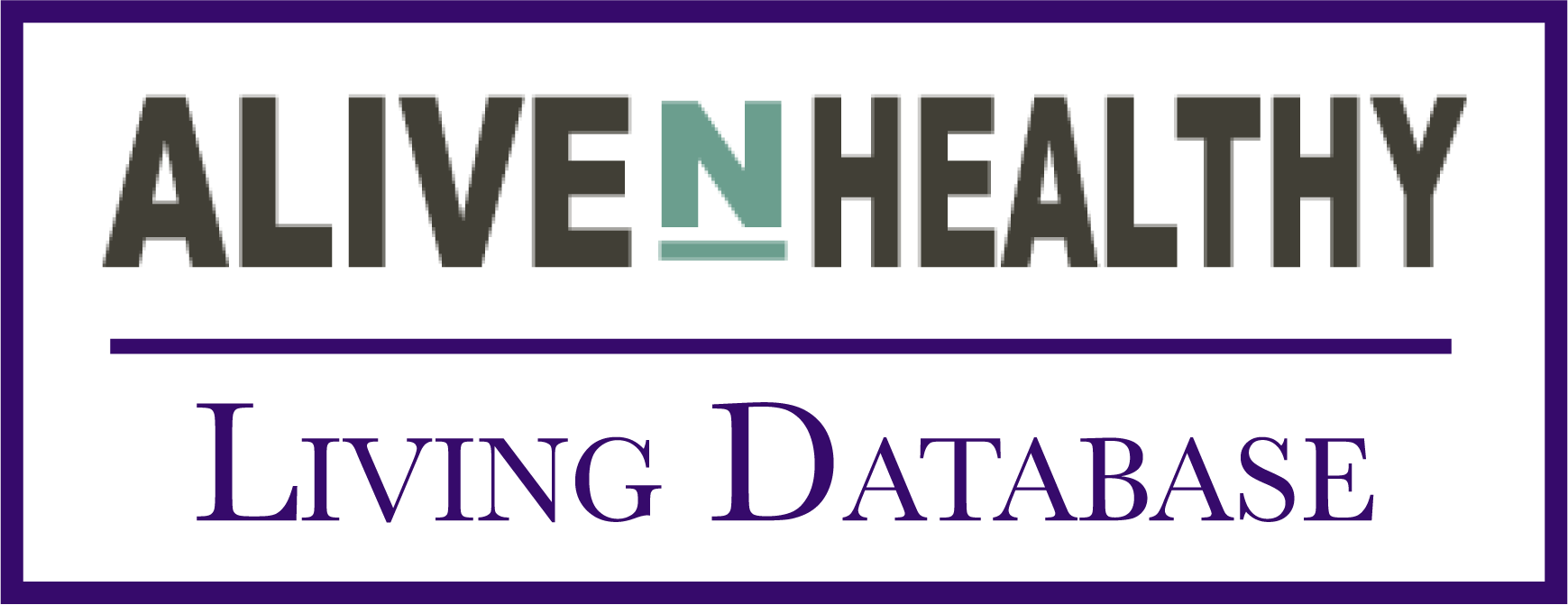
To subscribe to the AlivenHealthy Living Database, follow this link and then click "Sign Up".
Related Posts:
Resources:

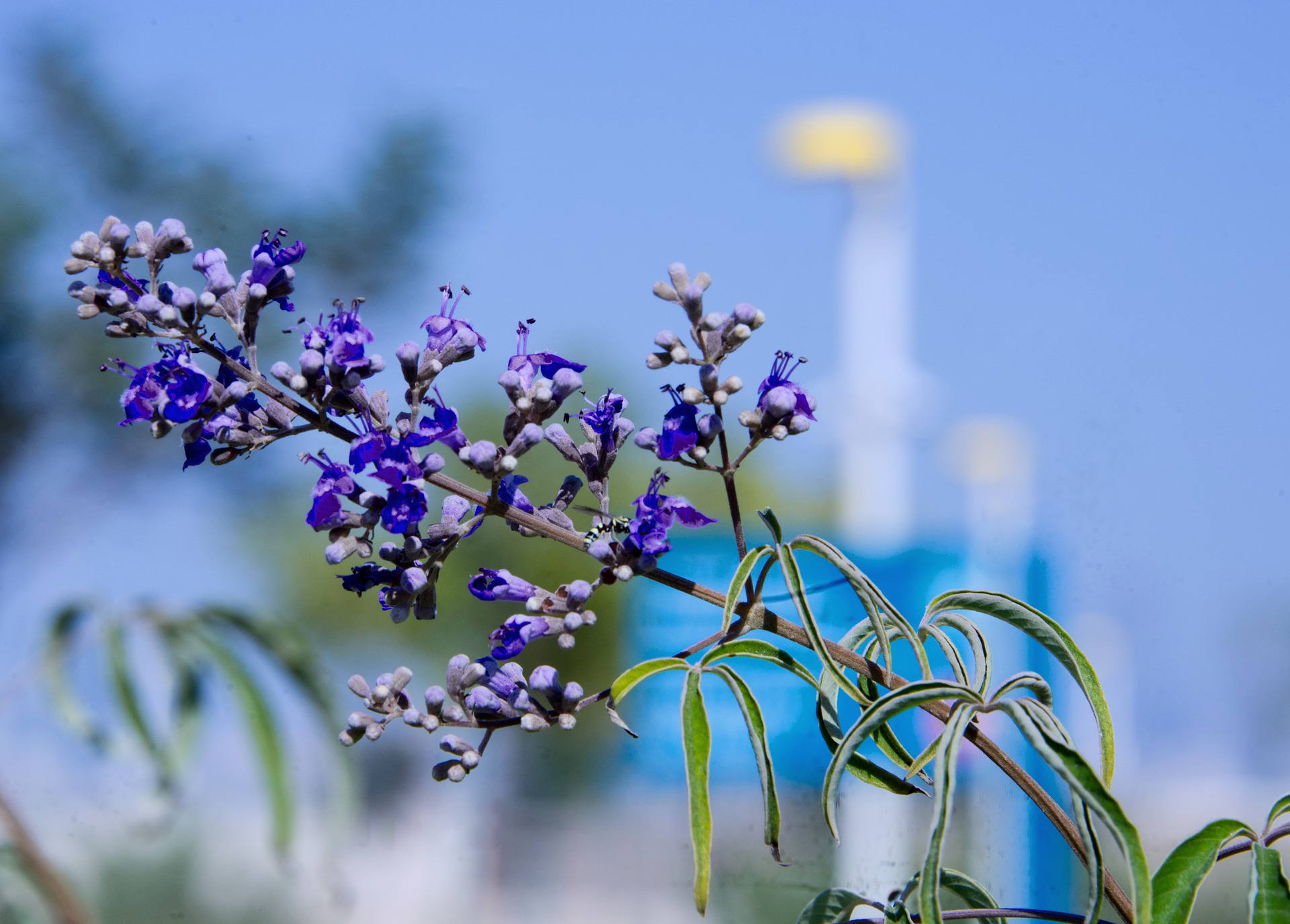 Chaste tree is an important women's health herb that can help treat the symptoms and cause of Polycystic Ovarian Syndrome.
Chaste tree is an important women's health herb that can help treat the symptoms and cause of Polycystic Ovarian Syndrome.